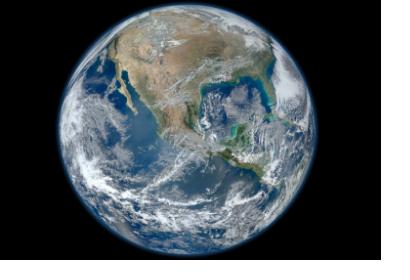The participants in the high-level panel “Perspectives on the Value of Earth Observation” on the last day of the tenth plenary session of the Group on Earth Observations (GEO-X) in Geneva last week, agreed that effective risk assessment and disaster mitigation lies in useful data.
UN Special Representative of the Secretary-General for Disaster Risk Reduction, Margareta Wahlström, said that useful data is available and should be used, but she sees gaps in the implementation of information. The creation of data based models for example could help better understand climate change and its impacts and so prevent greater devastation.
The Executive Director of the UN Environmental Programme (UNEP), Achim Steiner, asserted the value of cooperation between institutions and organizations. He pointed out the successful examples for cooperation on weather patterns and pollution that contributed to a more resilient planet.
The GEO is a voluntary partnership of governments and international organizations which coordinate efforts to build a Global Earth Observation System of Systems.

